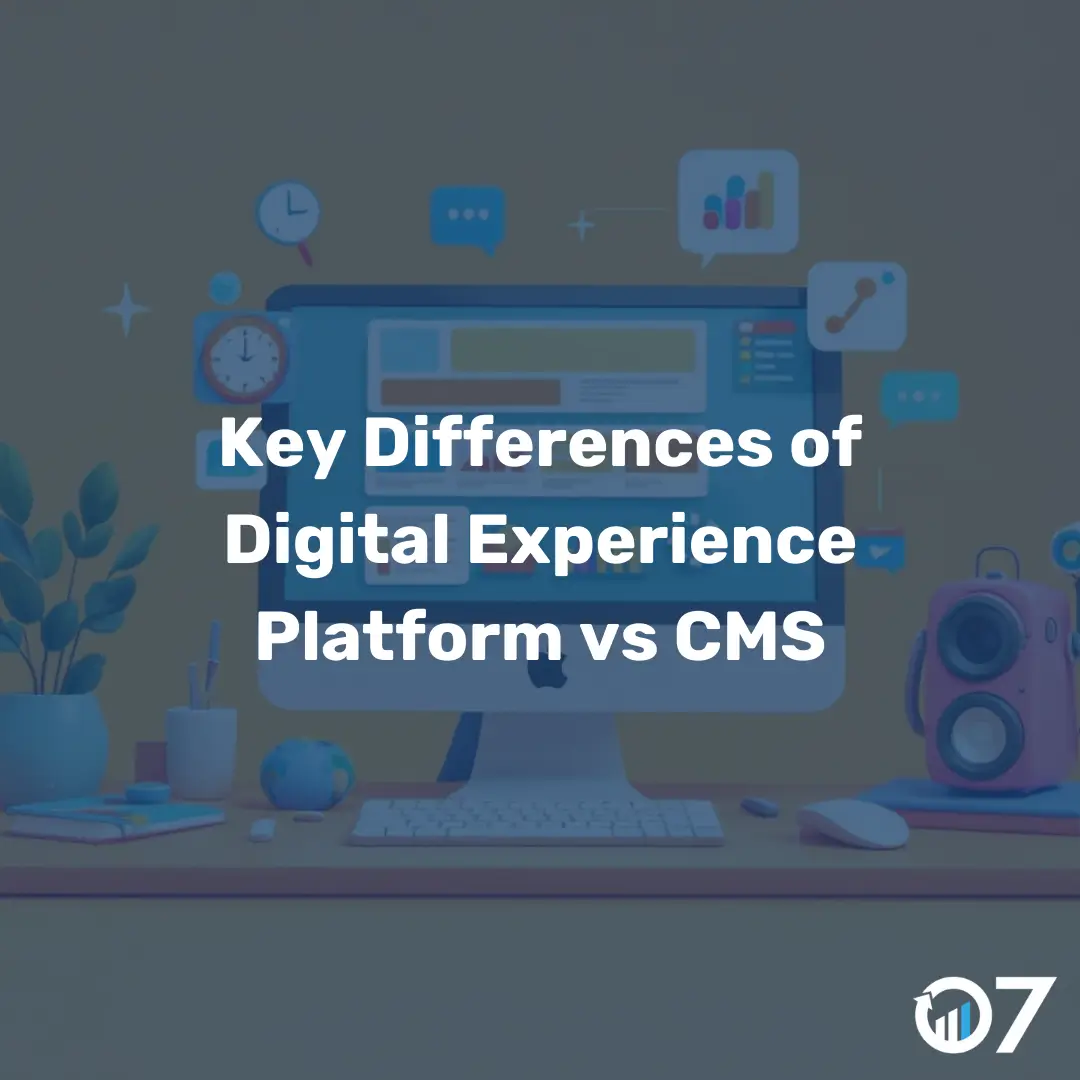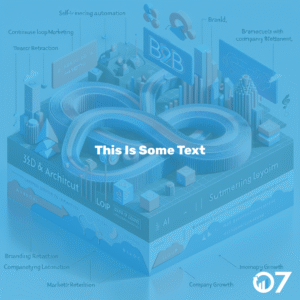Understanding the key differences between Digital Experience Platform vs CMS can significantly enhance your business’s online presence. This article will guide you through the distinctions and help you decide which solution suits your needs best.
What is a Content Management System (CMS)?
A Content Management System (CMS) is a software application that allows users to create, manage, and modify content on a website without needing specialized technical knowledge. Think of it as the backbone of your website, enabling you to handle everything from blog posts to e-commerce products with ease.
Popular CMS platforms include WordPress, Joomla, and Drupal. These systems are designed to be user-friendly, making it simple for businesses to maintain their online presence without needing a dedicated IT team.
What is a Digital Experience Platform (DXP)?
A Digital Experience Platform (DXP) takes things a step further. While a CMS focuses primarily on content management, a DXP aims to provide a more holistic approach to the digital customer experience. This includes not only managing content but also integrating with various other tools and platforms to offer a seamless, personalized experience for users.
DXPs typically include features like customer data management, analytics, and multi-channel support. Examples of DXPs are Adobe Experience Manager, Sitecore, and Liferay.
Key Differences Between DXP and CMS
While both CMS and DXP are essential tools for managing your online presence, they serve different purposes and offer unique features. Here are some of the key differences:
Scope and Functionality
A CMS is primarily focused on content management. It allows you to create, edit, and publish content easily. On the other hand, a DXP offers a more comprehensive solution, integrating various tools and platforms to provide a seamless digital experience.
Personalization
One of the standout features of a DXP is its ability to personalize the user experience. By leveraging customer data, a DXP can tailor content and interactions to individual users, enhancing engagement and satisfaction. A CMS, while capable of some level of personalization, typically doesn’t offer the same depth of customization.
Integration
DXPs are designed to integrate with a wide range of other tools and platforms, from CRM systems to marketing automation tools. This allows for a more cohesive and streamlined digital strategy. CMS platforms, while they can integrate with other tools, often require additional plugins or custom development to achieve the same level of integration.
Analytics and Insights
DXPs often come with built-in analytics and reporting tools, providing valuable insights into user behavior and engagement. This data can be used to refine and optimize your digital strategy. While some CMS platforms offer analytics features, they are generally not as robust or comprehensive as those found in a DXP.
When to Use a CMS
A CMS is an excellent choice for businesses that need a straightforward, user-friendly way to manage their website content. If your primary focus is on creating and publishing content, and you don’t require extensive personalization or integration features, a CMS may be the best fit for your needs.
For example, small businesses, bloggers, and non-profits often find that a CMS provides all the functionality they need to maintain an effective online presence.
When to Use a DXP
On the other hand, if your business requires a more comprehensive digital strategy, a DXP may be the better choice. DXPs are ideal for larger organizations that need to manage complex customer journeys across multiple channels. They are also well-suited for businesses that prioritize personalization and data-driven decision-making.
Industries such as retail, finance, and healthcare often benefit from the advanced features and integrations offered by a DXP.
Choosing Between a Digital Experience Platform vs CMS
When deciding between a CMS and a DXP, it’s essential to consider your business’s specific needs and goals. Here are some factors to keep in mind:
Budget
CMS platforms are generally more cost-effective than DXPs, making them a good option for businesses with limited budgets. However, it’s essential to consider the long-term costs of any additional plugins or custom development that may be required.
Technical Expertise
CMS platforms are designed to be user-friendly, making them accessible to users with limited technical knowledge. DXPs, on the other hand, often require more advanced technical expertise to implement and manage effectively.
Business Goals
Consider your business’s long-term goals when choosing a solution. If your primary focus is on content creation and management, a CMS may be sufficient. However, if you aim to provide a personalized, data-driven digital experience, a DXP may be the better choice.
Digital Experience Platform vs CMS Conclusion
Both Digital Experience Platform vs CMS platforms offer valuable tools for managing your online presence, but they serve different purposes and cater to different needs. By understanding the key differences and considering your business’s specific requirements, you can make an informed decision that will help you achieve your digital marketing goals.
For more insights and expert advice on digital marketing strategies, visit our blog or contact us via email at info@07hm.co.uk or telephone 01702 410663. We’re here to help you navigate the digital landscape and achieve success.





